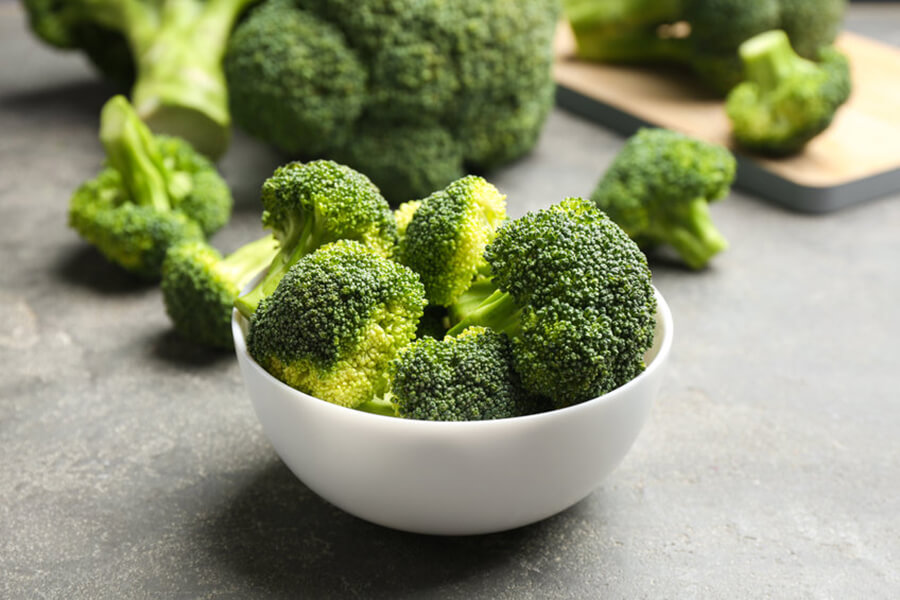Most men don’t realize they can control prostate problems.
After all, an enlarged prostate is something many men get as they age.
Yet, there are ways to reduce prostate growth risk and even lower your risk for prostate cancer.
One of those ways is to add some things to your diet.
Doctors still aren’t sure exactly how diet is related to prostate health but some believe high sugar, fatty foods can increase risks.
However, there are some foods health experts believe are “prostate friendly” and think that adding more of these to your diet will reduce your risk of prostate problems down the road.
1. Tomatoes
Tomatoes are a fruit that has lycopene, which is a strong antioxidant.
Research indicates that lycopene helps reduce prostate cancer risks.
A series of 24 studies suggest that men who add more tomatoes to their diets were less likely to get prostate cancer.
Lycopene is thought to slow cancer cell production and decrease damage.
2. Broccoli
Broccoli may not be a favorite among most men, but it is highly nutritious and has lots of stuff that add cancer protection.
Overall, studies indicate adding more cruciferous vegetables, like broccoli and cauliflower, to a diet will lower prostate cancer risk.
It is thought that sulforaphane found in broccoli targets and kills cancer cells while leaving healthy cells alone.
3. Green tea
Ingredients in green tea can slow tumor growth, prevent the death of healthy cells and also affect hormone signaling.
Some of the compounds in it include epicatechin, xanthine derivatives, and epigallocatechin gallate.
4. Legumes
Yes, beans are the magical fruit, and eating them along with other legumes like peanuts and lentils can help prostate health.
They have a compound called phytoestrogens and people who ate a lot of this compound had a 20 percent reduction in prostate cancer risk.
Conclusion
There is no time like the present to take control of your health.
Adding a few things to your diet will mean a lot to you, and your prostate, later in life.

